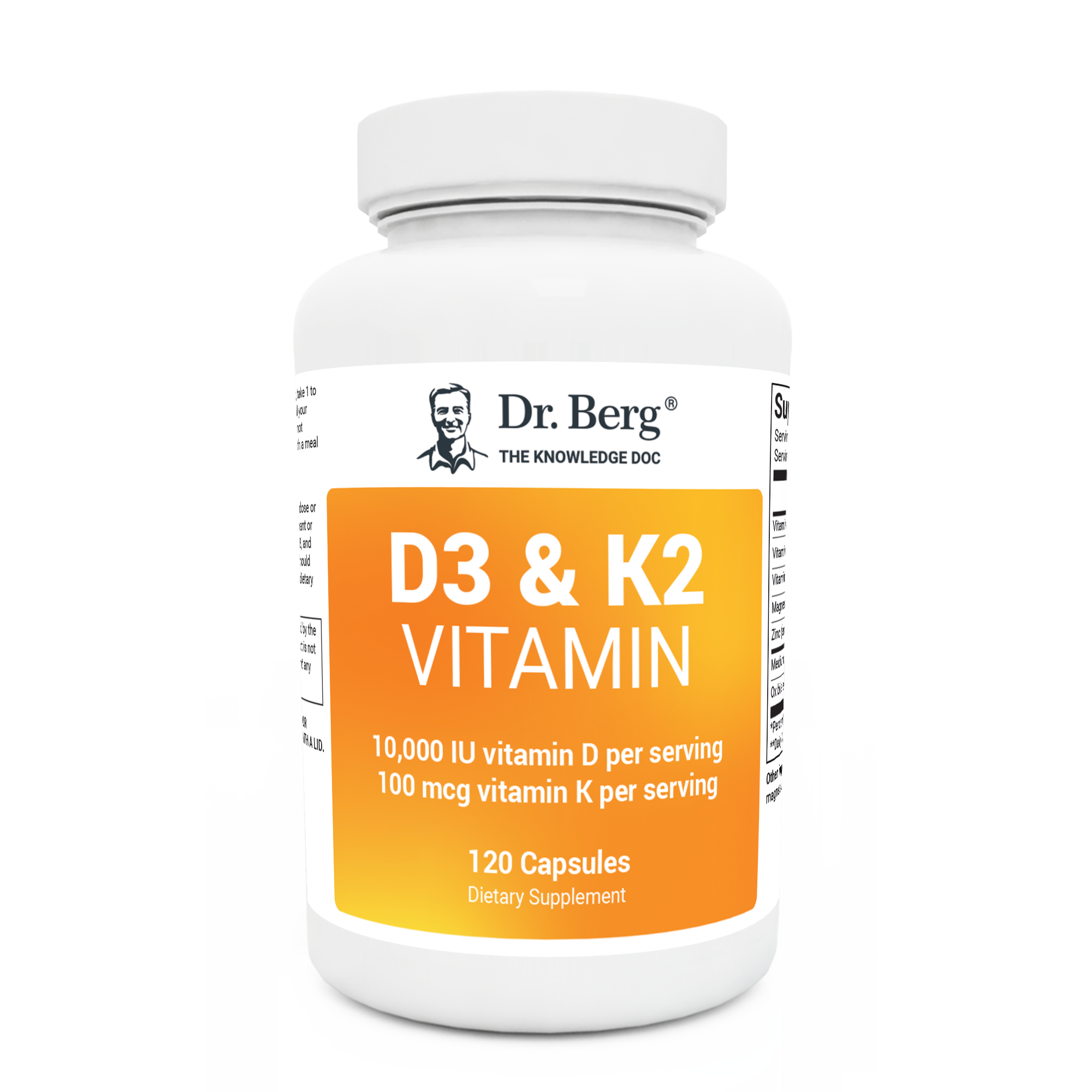Vitamin D is difficult to obtain through ordinary food. Therefore, children often need vitamin D supplements to meet their health needs. For children under one year old, it is generally necessary to supplement 400 international units per day; after one year old, 400 or 600 international units per day is acceptable.
We all understand these principles, but in actual operation, if we forget to eat and take supplements intermittently, is there any problem? What should I do if I miss something? When is the best time of day to take vitamin D supplements? Which is more suitable, fasting or with a meal? Let’s summarize it today.
01
Forget to eat, take supplements intermittently
What is the problem?
For children who are generally healthy, forgetting to eat for a day or two occasionally will not lead to serious health consequences, and there is no need to worry too much. Because the human body has a very sophisticated “reserve” and “buffering” mechanism. For example, vitamin D is a fat-soluble vitamin. What is usually taken in will be stored in the body’s fat tissue. When the vitamin D intake is insufficient in a certain short period, the body will Use your usual stores of vitamin D to maintain your health.
However, if the child often forgets to eat and takes supplements intermittently, or the child has been diagnosed with vitamin D deficiency but fails to supplement vitamin D regularly as prescribed by the doctor, it is necessary to pay attention and be alert to vitamin D deficiency and related health problems. You may need to take your child to see a reliable doctor and complete relevant tests if necessary, such as blood 25(OH)D levels.
02
Forgot to eat, skipped food
what to do?
If you find that your child has missed vitamin D, if you remember it that day, make up for it as soon as possible, and then continue to supplement according to the routine. If you only remember what you didn’t eat the day before when it’s time to eat the next day, then don’t worry about what you forgot the day before and continue to replenish what you should have on that day as usual.
In reality, some parents may double the dose to “make up” for a missed dose of vitamin D. For example, they find that they missed yesterday’s 400 international units, so they give their children 800 international units today.
Will supplementing it once like this cause poisoning?
Long-term excessive supplementation of vitamin D will indeed lead to chronic vitamin D poisoning. It is currently believed that it is unsafe for infants under 6 months of age to consume more than 1,000 international units (IU) per day; for infants and children over 6 months of age, it is unsafe to consume more than 1,500 IU per day; for adults, it is unsafe to consume more than 10,000 IU per day. , is unsafe.
For healthy children who eat 800 international units on a certain day, this dose is far from the daily upper limit of vitamin D. For example, data from the Australian National Health and Medical Research Council (NHMRC) suggest that the daily upper limit of vitamin D for children aged 1-18 years is 3200 international units (80 micrograms). Data from the U.S. Food and Nutrition Board (FNB) suggest that the daily upper limit is 2,500 international units for 1-3 years old, 3,000 international units for 4-8 years old, and 4,000 international units for 9-18 years old.
Therefore, if you forget to take it the day before and add an extra regular dose the next day, you generally don’t have to worry about overdose or poisoning.
03
What time of day
Is vitamin D supplementation best?
It will be all right.
You may have heard that vitamin D is best taken in the morning, but in fact, children can be given vitamin D supplements at any time, morning, noon, afternoon or evening. Currently, there is no research evidence to suggest which time is best. However, once you have chosen a time to give your child vitamin D, it is best to stick to that time every day.
This is not done to increase absorption or utilization, but to make it easier to remember so you don’t forget to eat.
04
Fasting and with meals
Which one is more suitable?
Don’t worry too much, if you have to choose, it might be better to have it with a meal.
There are two main forms of vitamin D in food or dietary supplements: vitamin D2 and vitamin D3. Vitamin D2 is a plant-derived form of vitamin D, while vitamin D3 is an animal-derived form. Most vitamin D supplements on the market are D3.
Whether it is D3 or D2, it is absorbed by the human body in the small intestine after eating, and the absorption rate is good, for example, it can reach about 75%.
Vitamin D is fat-soluble, and when lipids are present in the intestine, absorption is facilitated. Age, obesity and other factors will not affect the absorption rate of vitamin D.
By this reasoning, vitamin D may be better absorbed if taken with a meal. This reasoning has also been verified in some very small studies. for example:
A very small observational study in 2010 found that taking a vitamin D supplement with your largest meal of the day improved vitamin D absorption; after 2-3 months, blood levels of vitamin D increased. About 50%.
Another small study in 2014 found that dietary fat can promote vitamin D absorption; however, the ratio of monounsaturated fatty acids (MUFA) to polyunsaturated fatty acids (PUFA) in the diet did not affect vitamin D absorption.
Therefore, if you have to worry about absorption rate, it may be more appropriate to let your children take vitamin D with meals. However, supplementing children with vitamin D is not a scientific research experiment. The absorption rate of vitamin D in the intestine is not low. For children, it is most critical to remember to supplement it in an appropriate amount.




